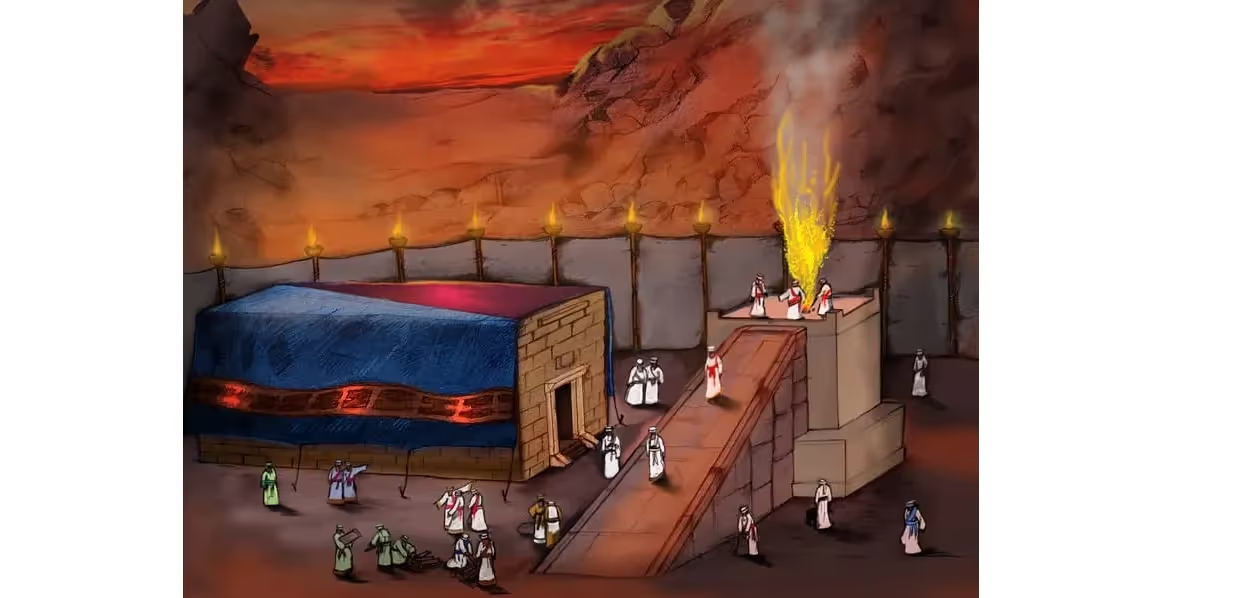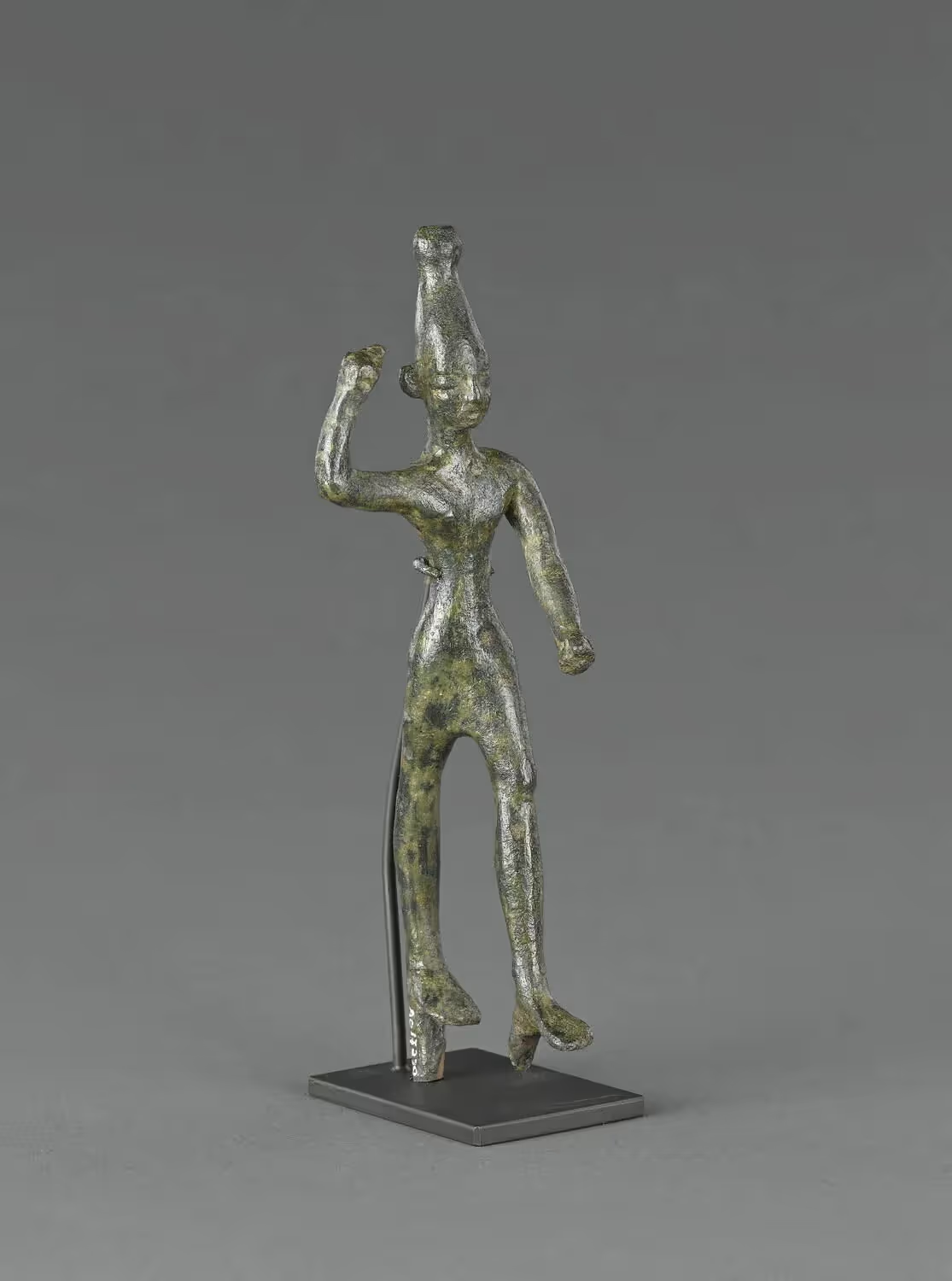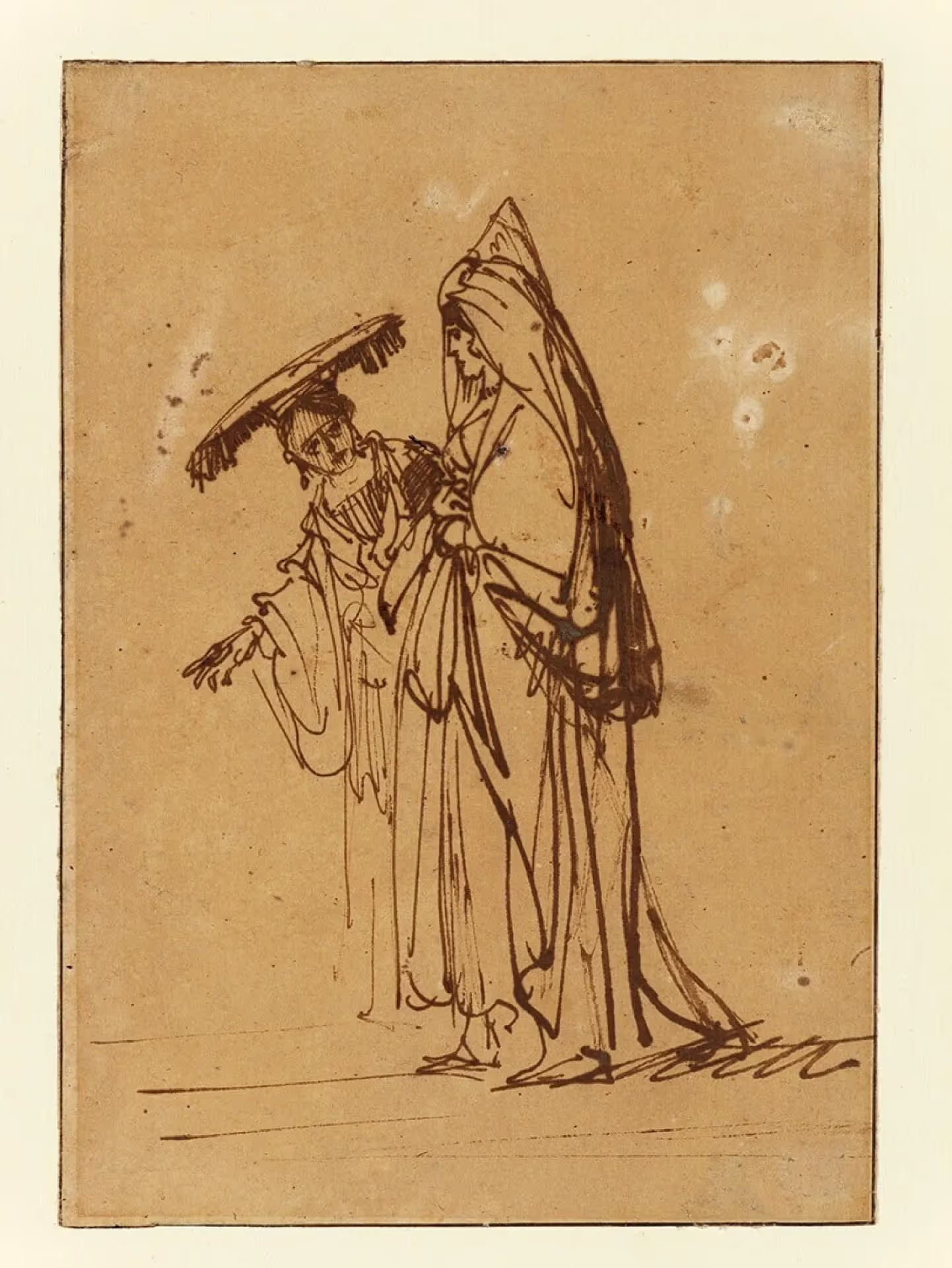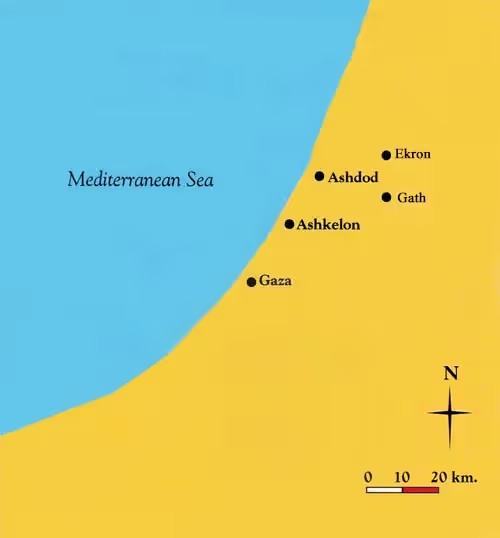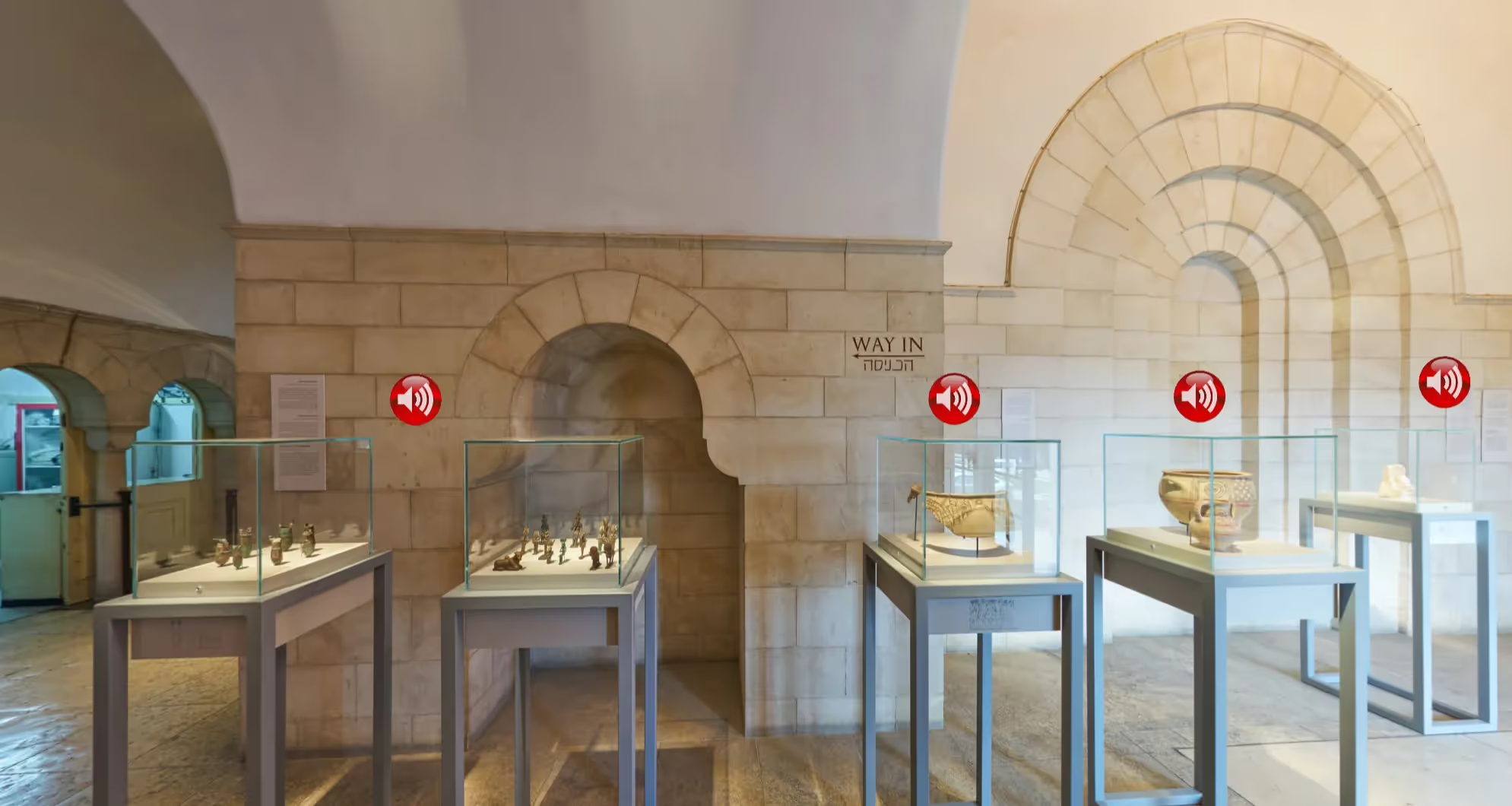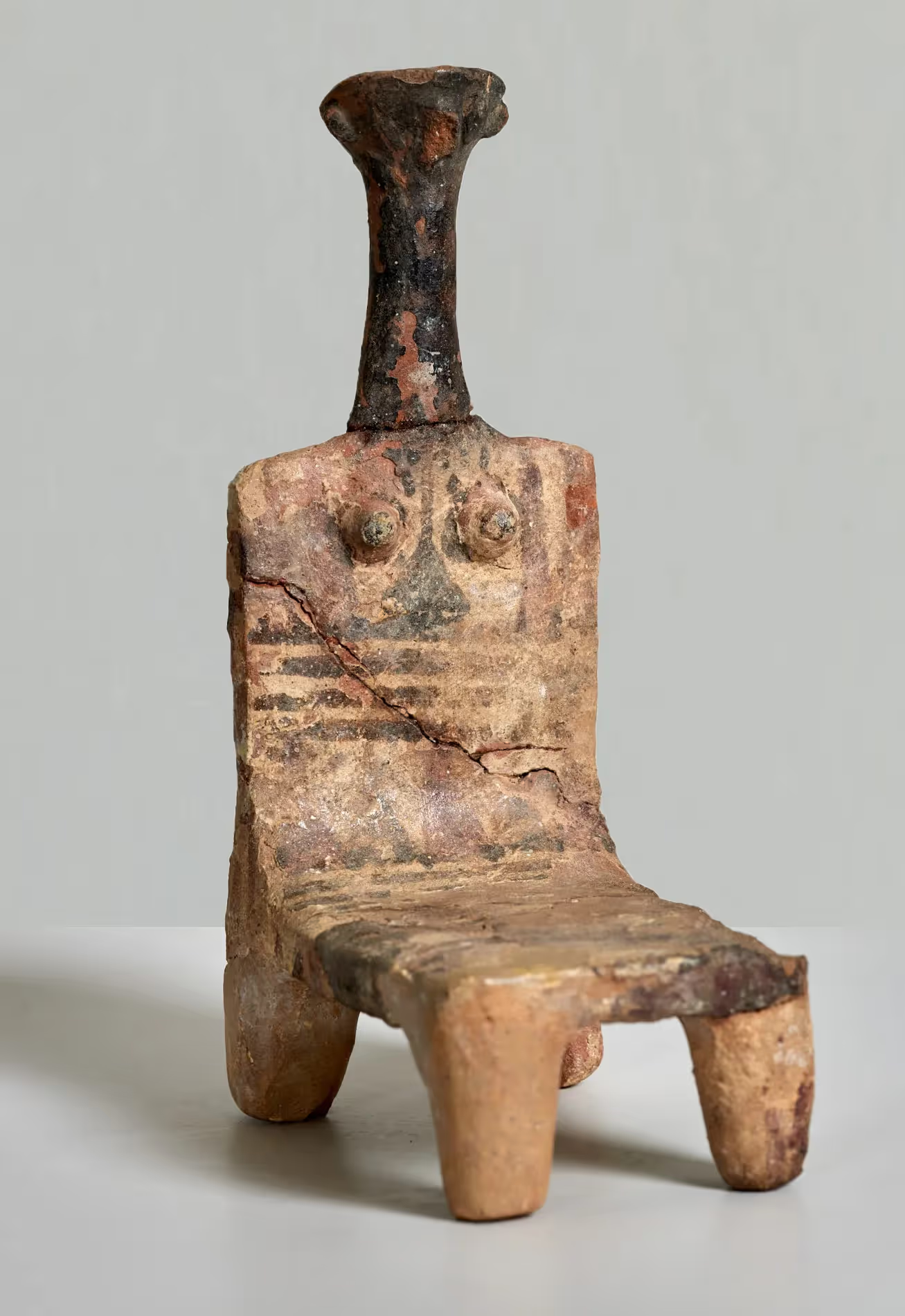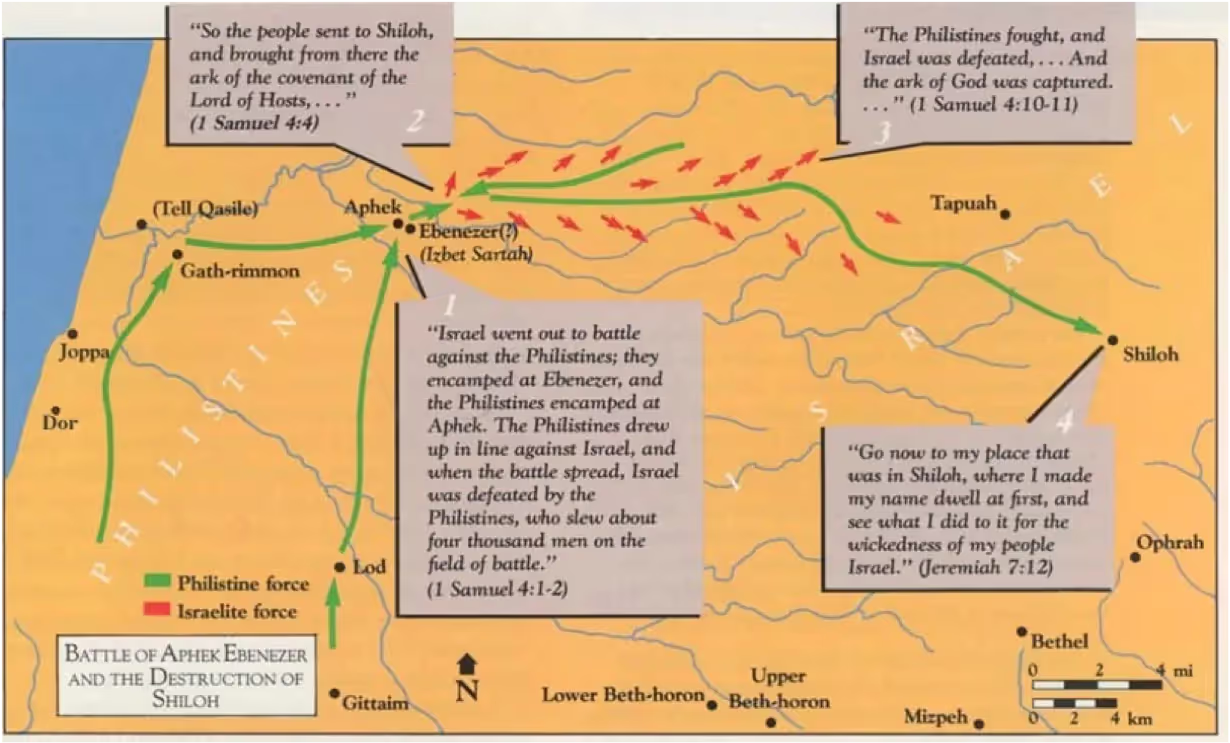Samson and Delilah by Rembrandt
We again turn to the masterful rendition of Rembrandt to escort us on our journey. One of the more prominent stories in the Book of Judges is that of Samson and Delilah. Once more, the Israelites fell into idolatry and for 40 years G-d delivered them into the hands of the Philistines. G-d promised a man from the Tribe of Dan, that he and his wife will have a son that will begin the deliverance of Israel from the Philistines. G-d instructed that the boy should remain a Nazirite his whole life, not cutting his hair and abstaining from anything that comes from the grape vine as well as all forms of intoxicating drink- this would become the source of his tremendous strength. His mother called him Samson or “Shimshon” in Hebrew. Samson became a mighty warrior, decimating the Philistine armies. Desperate to quash Samson’s relentless onslaughts, they sent a Philistine woman to seduce him by revealing to her the secret of his strength.
Judges 16:15-17
Then she (Delilah) said to him, "How can you say you love me when you don’t confide in me?..."Finally, after she had nagged him… (Samson) said to her, “No razor has ever touched my head, for I have been a Nazirite to God since I was in my mother’s womb. If my hair were cut, my strength would leave me and I should become as weak as an ordinary man.”

Samson and Delilah painting by Rembrandt
State Museums of Berlin, Gemäldegalerie
Rembrandt van Rijn
Overview
In the Bible
Then she (Delilah) said to him, "How can you say you love me, when you don’t confide in me?..."
Finally, after she had nagged him… (Samson) said to her, “No razor has ever touched my head, for I have been a nazirite to G-d since I was in my mother’s womb. If my hair were cut, my strength would leave me and I should become as weak as an ordinary man.”
וַתֹּ֣אמֶר (דְּלִילָה) אֵלָ֗יו אֵ֚יךְ תֹּאמַ֣ר אֲהַבְתִּ֔יךְ וְלִבְּךָ֖ אֵ֣ין אִתִּ֑י זֶ֣ה שָׁלֹ֤שׁ פְּעָמִים֙ ... וַ֠יְהִי כִּֽי-הֵצִ֨יקָה לּ֧וֹ בִדְבָרֶ֛יהָ כָּל-הַיָּמִ֖ים ... וַיַּגֶּד-לָ֣הּ (שִׁמְשׁוֹן) אֶת-כָּל-לִבּ֗וֹ וַיֹּ֤אמֶר לָהּ֙ מוֹרָה֙ לֹֽא-עָלָ֣ה עַל-רֹאשִׁ֔י כִּֽי-נְזִ֧יר אֱלֹקים אֲנִ֖י מִבֶּ֣טֶן אִמִּ֑י אִם-גֻּלַּ֙חְתִּי֙ וְסָ֣ר מִמֶּ֣נִּי כֹחִ֔י וְחָלִ֥יתִי וְהָיִ֖יתִי כְּכָל-הָאָדָֽם:







